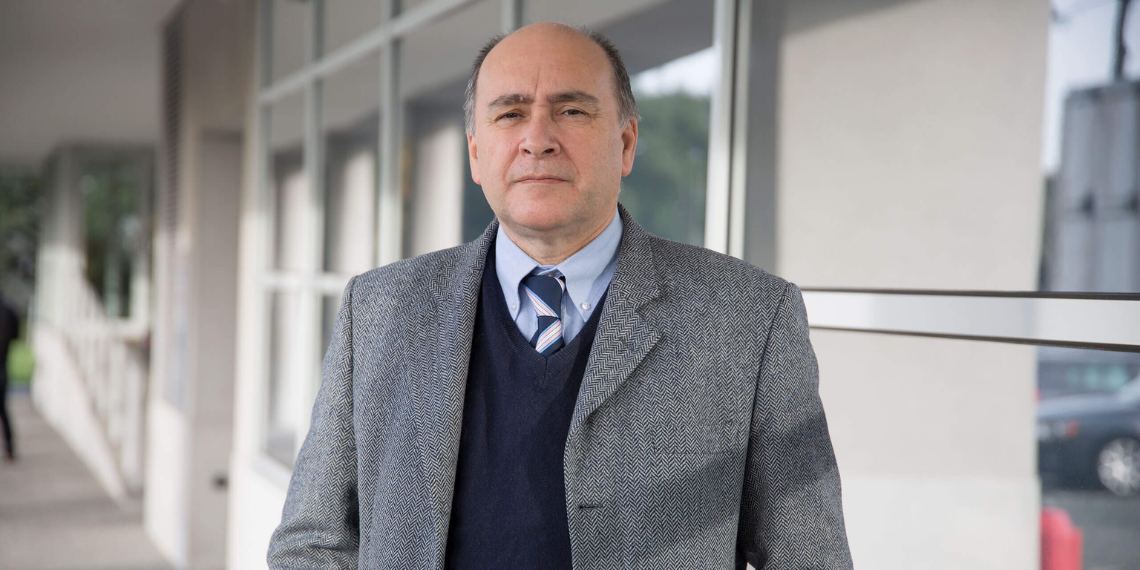The Conference of the Parties (COP) is a major event on the global agenda, bringing together leaders from around the world to discuss and negotiate actions to address climate change. COP28, this time held in Qatar, came at a critical time, marked by the urgency of accelerating the energy transition and addressing the challenges of climate change. The energy transition is a key aspect of debate among world leaders who seek consensus on strategies aimed at reducing dependence on fossil fuels – thereby reducing carbon dioxide emissions. In this process, it is vital to promote and explore renewable energy sources to replace the use of fossil fuels. The search for sustainable alternatives and the adoption of innovative technologies and solutions that promote the decarbonisation of the world economy are critical to achieve the goals established in previous climate agreements, e.g., the Paris agreement.
Climate change already represents a global threat, manifesting itself in extreme weather events like extended droughts, severe storms, and floods, leading to progressive sea-level rise and loss of biodiversity. In this sense, COP28 sought to strengthen commitments already made, as well as to set new ambitious targets to limit global warming and mitigate adverse effects to planet Earth.
In this context of increasing climate transformations that determine the acceleration of the energy transition, it is important to define a set of integrated strategies for decarbonising the economy and society. These include continuous focus on the efficient use of energy and the electrification, if they’re supported by the exploitation of renewable energy resources, according to their technical-economic potential and environmental compatibility. In this sense, the European Union (EU) has played a key role in adopting ambitious measures to promote the transition to a low-carbon economy, namely the European Green Deal (2019) and the 2021 European Climate Law – which set a binding EU target of a net reduction in greenhouse gas emissions by 2030, by at least 55% (compared to 1990 levels), as well as the need to achieve climate neutrality by 2050 in Europe.
Following the establishment of specific targets for renewable energy, energy efficiency and emission reduction at European level, each Member State has defined Energy and Climate Plans for 2030 and Carbon Neutrality Roadmaps for 2050. In addition, by actively involving Member States in the process of setting and implementing targets, this strategy reinforces the collective commitment to achieve ambitious climate goals. In Portugal, the main document of this strategy is PNEC2030, which established a reference framework that directs investments, encourages innovation, and promotes job creation in the renewable energies sector. Together with PNEC2030, the 2050 Carbon Neutrality Roadmap sets out a long-term vision for decarbonising the Portuguese economy. This roadmap aims to achieve carbon neutrality by 2050, meaning that greenhouse gas emissions must be drastically reduced, and residual emissions offset by actions that remove carbon from the atmosphere. This requires a deep transformation in several sectors, including energy, transportation, agriculture, and industry.
All this will only be possible by investing heavily in research, development and innovation, with universities and institutions in the scientific and technological system playing a crucial role in ensuring the success of this energy transition. Research and development involve several scientific domains, like carbon capture and storage, creation of synthetic fuels, and exploitation of renewable energy sources for electricity production. In fact, the decarbonisation of the economy will rely heavily on electrification, supported by the exploitation of renewable energy sources (wind, sun, water, and biomass). In addition, the transition to a low-carbon economy requires the implementation of smart grids and the increasing use of energy storage solutions, ensuring the smooth integration of time-varying energy sources.
However, the complete decarbonisation of Portugal’s society and economy will not be possible if we do not resort to another energy vector – Hydrogen. In effect, the need for industrial heat production, the provision of an efficient and viable solution for the decarbonisation of long-distance road transportation, maritime transportation and air transportation – plus the interest in having alternative solutions for seasonal storage of electricity from renewable sources to ensure security of supply in the electricity sector -, justify the commitment to Hydrogen from renewable sources – Green Hydrogen – as a complementary energy vector to electricity.
COP28 also represented an opportunity to reinforce the global commitment to support the most vulnerable and poorest countries in the face of climate change challenges. As nations seek to achieve ambitious targets to mitigate greenhouse gas emissions and adapt to the inevitable impact of climate change, it is imperative that support for the most vulnerable countries becomes a central priority in the resulting discussions and concrete actions. In this process, it is essential to promote technology transfer to empower developing countries to adopt more sustainable practices and strengthen their resilience to climate change.
The ability to meet the challenges of the energy transition and climate change is intrinsically associated with our ability to innovate, collaborate, and act with determination. The sustainable future of the planet depends on global solidarity and effective cooperation among all nations. Portugal cannot fail to embrace these challenges, which translate into great opportunities for the Portuguese economy.
Opinion article written by João Peças Lopes.
The researcher mentioned in this news piece is associated with INESC TEC and UP-FEUP.




 News, current topics, curiosities and so much more about INESC TEC and its community!
News, current topics, curiosities and so much more about INESC TEC and its community!